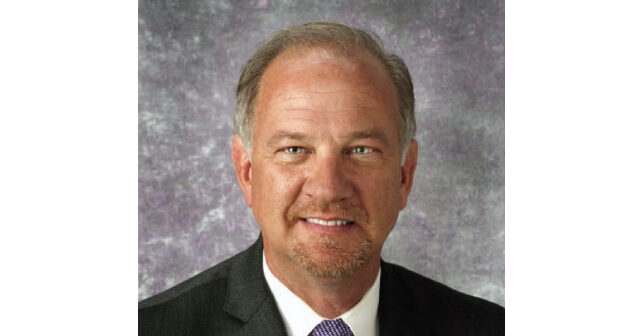
Your predecessor Dr. Michael Callaham was in this role for about 20 years. Are you going to be in the role for 20 years?
Explore This Issue
ACEP Now: Vol 42 – No 01 – January 2023Dr. Yealy: No. I think change is an excellent thing. And we are right now in the middle of one of the most tectonic changes in health care from any angle that you’re talking about. Delivery of health care, financing of health care, creation of knowledge around health care, and the education of folks. And so this is an exciting time to be at the helm of one of the vessels that’s a part of that fleet addressing all of those particular opportunities. I don’t plan to be in this for an extended period of time… It’s my job to make sure on day one that I am grooming a pool of successors for [myself].
What are your thoughts about pre-publication in the medical field?
Dr. Yealy: Well, it’s been a fascinating journey for the past couple of years. Like you, I had virtually no personal experience with pre-publication archives until COVID-19 came around. And people were [so] thirsty for insight at any level that a platform that offered rapid delivery on insight was really felt to be very helpful. And I do think that it will change many of the processes, and perhaps even some of the goals, of how it is we share scientific information. I think the experiences over the past two and a half years with the pandemic have taught us what’s really helpful about that. It’s a valuable tool to get information out, not only to practitioners but into the lay community, given the rapid pickup. But it’s also an opportunity to get misinformation out. The reason we do peer review, it’s not about true or untrue. Do the data make sense within the structure? Is the message interpreted with highest amount of fidelity? It’s not a matter of truth or not truth, but does it make sense? … It’s hard to unring a bell once there’s already been pickup at another level. I do think that the prepublication servers are changing things, but positively and negative[ly], I think we’re going to learn lessons about what works and what doesn’t work.
I wanted to ask about the Kardashian index. You’re familiar with that?
Dr. Yealy: It’d be very easy, given my age and my stated career, to have a snarky comment about the Kardashian index and say that’s just not real. But as we talked about in the beginning … the name of the game is to share information with the people in whom it either can influence their practice or influence their outcomes. So you’re talking about on the provider or the patient side, social media clearly is a powerful tool. Is it exactly the same as creating that knowledge or sending it off and going through peer review? No, it’s a different part of the process. I think having singular concise measurements of how someone is effective at that particular job makes sense to me. The challenge for a person who has a scholarly career is, how will that fit when they want advancement or further recognition, or if they even want to monetize that?
Pages: 1 2 3 4 | Single Page




No Responses to “Q&A with Annals of Emergency Medicine Medical Editor Dr. Donald Yealy”